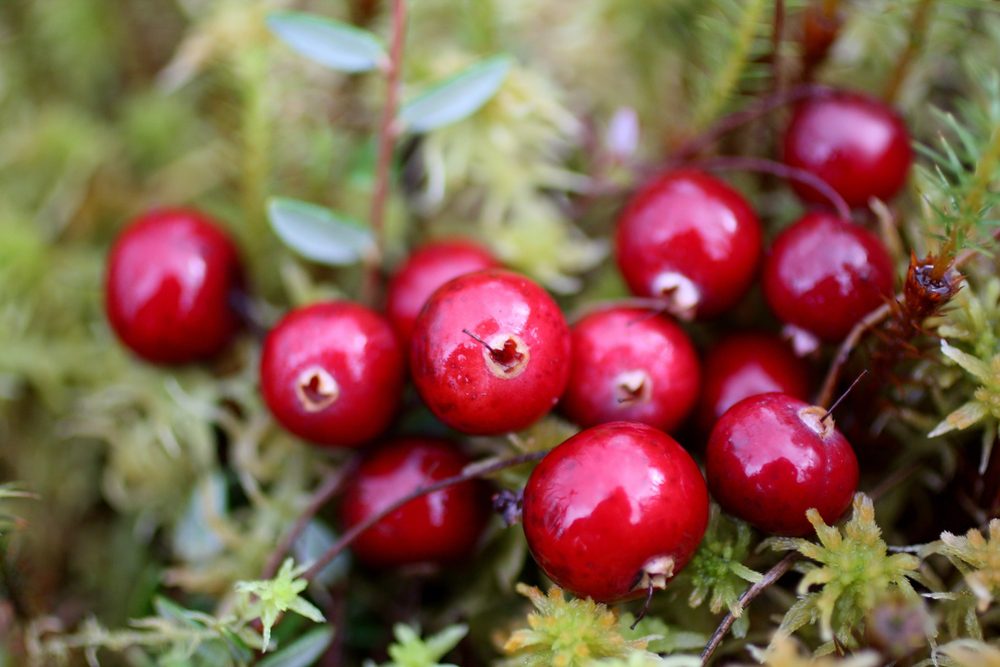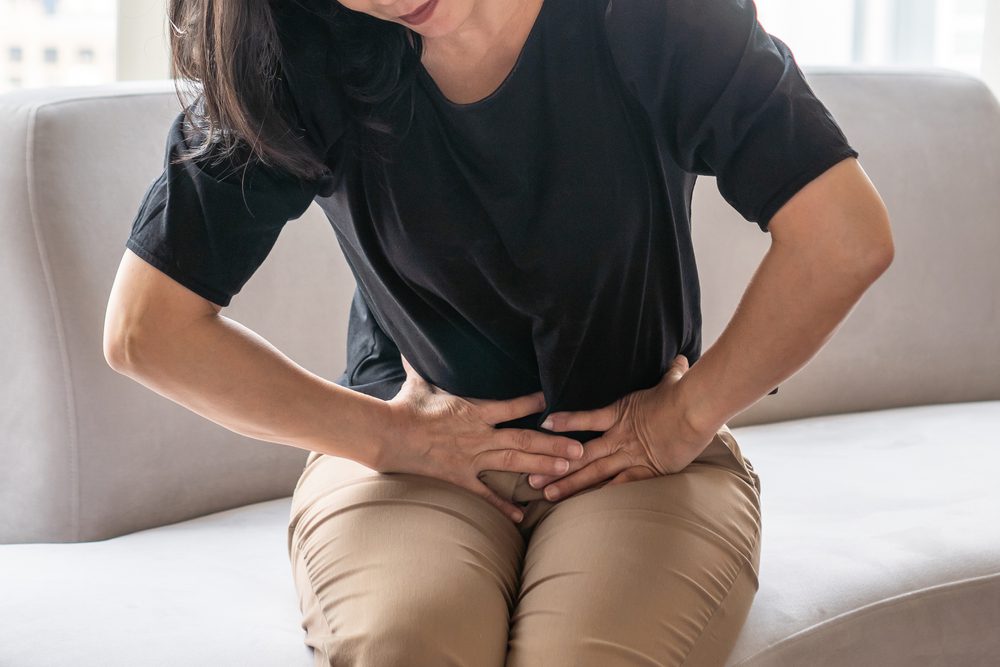![]() Many of us know cranberries as a tasty condiment to have with our Christmas turkey, or the juice that accompanies vodka in a cosmopolitan cocktail. You might have also heard cranberries prevent urinary tract infections (UTIs).
Many of us know cranberries as a tasty condiment to have with our Christmas turkey, or the juice that accompanies vodka in a cosmopolitan cocktail. You might have also heard cranberries prevent urinary tract infections (UTIs).
While this is often dismissed as a myth, our new review of the evidence shows consuming cranberry juice or supplements reduces the chance of repeat UTIs for women, children, and those who are more susceptible to them due to medical procedures.
But this wasn’t the case for elderly people, pregnant women, or for people with bladder-emptying problems.
The review didn’t look at the use of cranberry for the treatment of UTI – and cranberry juice cannot cure a UTI on its own. So, if you do get a UTI make sure you seek medical care from your GP or other health provider.
Remind me, what is a UTI?
UTIs are unpleasant and very common. About one-third of women will have one at some point in their life. They’re also common among elderly people and those with bladder issues caused by spinal cord injury or other conditions.
Typically, a UTI feels like peeing razor blades and the urine can be smelly, cloudy, and sometimes has blood in it. Other symptoms include the frequent urge to pass urine, a stinging or burning sensation when passing urine, and pain in the lower abdomen or pelvis.
UTIs are caused by bacteria. Normally bacteria do not live in the urinary tract, but when they do, they stick to the bladder wall, multiply and can cause a UTI.
When a UTI persists untreated, the infection can move to the kidneys and cause complications, such as severe pain, or sepsis (a blood infection) in the worst cases.
Most UTIs are effectively and easily treated with antibiotics. Sometimes just one dose of antibiotics can resolve the infection. Unfortunately, for some people, UTIs keep coming back.
What medicinal properties do cranberries have?
The First Peoples of North America have long known the benefits of eating cranberries, including their benefits for bladder problems.

Cranberries are a native fruit of North America. Image credit: Irina Green 27/Shutterstock.com
More recently, in the 1980s and 1990s, laboratory scientists started to explore several plausible explanations for these benefits.
The most widely accepted explanation is their high concentration of the antioxidant proanthocyanidin. Cranberries (Vaccinium macrocarpon) – a native fruit of North America – have a high concentration of proanthocyanidin, which protects the cranberry plant against microbes.
Researchers think the compound also prevents the most common UTI-causing bacteria – Escherichia coli (E.coli) – from sticking to the bladder wall.
It was this apparent ability that researchers concluded was responsible for the cranberry’s medicinal properties.
However, without strong evidence of how or if cranberry worked, health-care providers were left without clear guidance on who might benefit from cranberry. As a result, the ongoing debate in the academic literature has persisted for more than 30 years.
The evolution of the evidence
Researchers periodically review the evidence to support tests, treatments and interventions for all sorts of health conditions.
Proving efficacy became a focus with randomised trials starting to be published from 1994. The first Cochrane compilation of four clinical trials on this topic – published in 1998 – concluded the evidence was too poor to determine efficacy.

Researchers have long been investigating the role of cranberries in preventing UTIs. Image credit: Chinnapong/Shutterstock.com
A Cochrane Review involves identifying all the available peer-reviewed academic evidence on a health care or health policy topic. The evidence is reviewed independently and in an unbiased way by members of the Cochrane Network, a network of independent researchers, professionals, patients and carers interested in answering health questions.
Updates in 2004 and 2008 suggested cranberry products reduced the risk of repeat UTI in women, but most of the studies were not considered high quality evidence and so the findings were not conclusive.
By 2012, the volume of evidence had increased to 24 clinical trials, but the data was imprecise and the conclusions were that cranberry juice was of no benefit.
As one of Cochrane’s most popular reviews, and the ever increasing volume of evidence, updating the review was important.
Over time, research has improved in the consistency of how cranberry is consumed – as juice or tablets – as well as improved in the measurement of the effective dosage and estimates of how much active ingredient (proanthocyanidin) is in the different products.
What’s new?
Our Cochrane Review update, published this week, now includes 50 clinical trials of cranberry products.
More than 8,800 people have participated in the clinical trials which randomly assigned people to take either cranberry products or a dummy treatment – either a placebo (a substance that has no therapeutic effect) or “usual care” (where people might receive another preventive product, such as probiotics).
The recent increased volume of high-quality evidence has shown cranberry products work for people who experience recurrent UTI or are susceptible to UTI. Recurrent UTIs are defined as two or more UTIs within six months, or three or more UTIs within a year.
Cranberry products reduce the risk of repeat symptomatic, culture-verified (tested in a laboratory) UTIs in women (by about 26 percent), children (by about 54 percent), and people susceptible to UTI following medical interventions (by about 53 percent).
The findings don’t relate to people who don’t get UTIs very often but want to avoid them.
What is still unclear is the formulation and dosage of cranberry products. The evidence was not able to clarify whether cranberry tablets or liquids are more effective, what dosage of cranberry works best, or how long people need to take cranberry products to get the full benefits. The clinical trials varied in the duration of cranberry consumption, from four weeks to 12 months.
Among the many complicating issues addressed in this update was who funded each trial. Each clinical trial was classified as either being supported by funds from commercial organisations (such as juice manufacturer) or conducted by not-for-profit organisations (such as universities or hospitals) who paid for their own cranberry product.
However, we found no difference in the results for clinical trials supported by juice companies compared to those conducted by academic institutions.![]()
Jacqueline Stephens, Epidemiologist & Senior Lecturer in Public Health, Flinders University and Gabrielle Williams, Epidemiologist, University of Sydney
This article is republished from The Conversation under a Creative Commons license. Read the original article.
Source Link: Cranberry Juice Can Prevent Recurrent UTIs, But Only For Some People